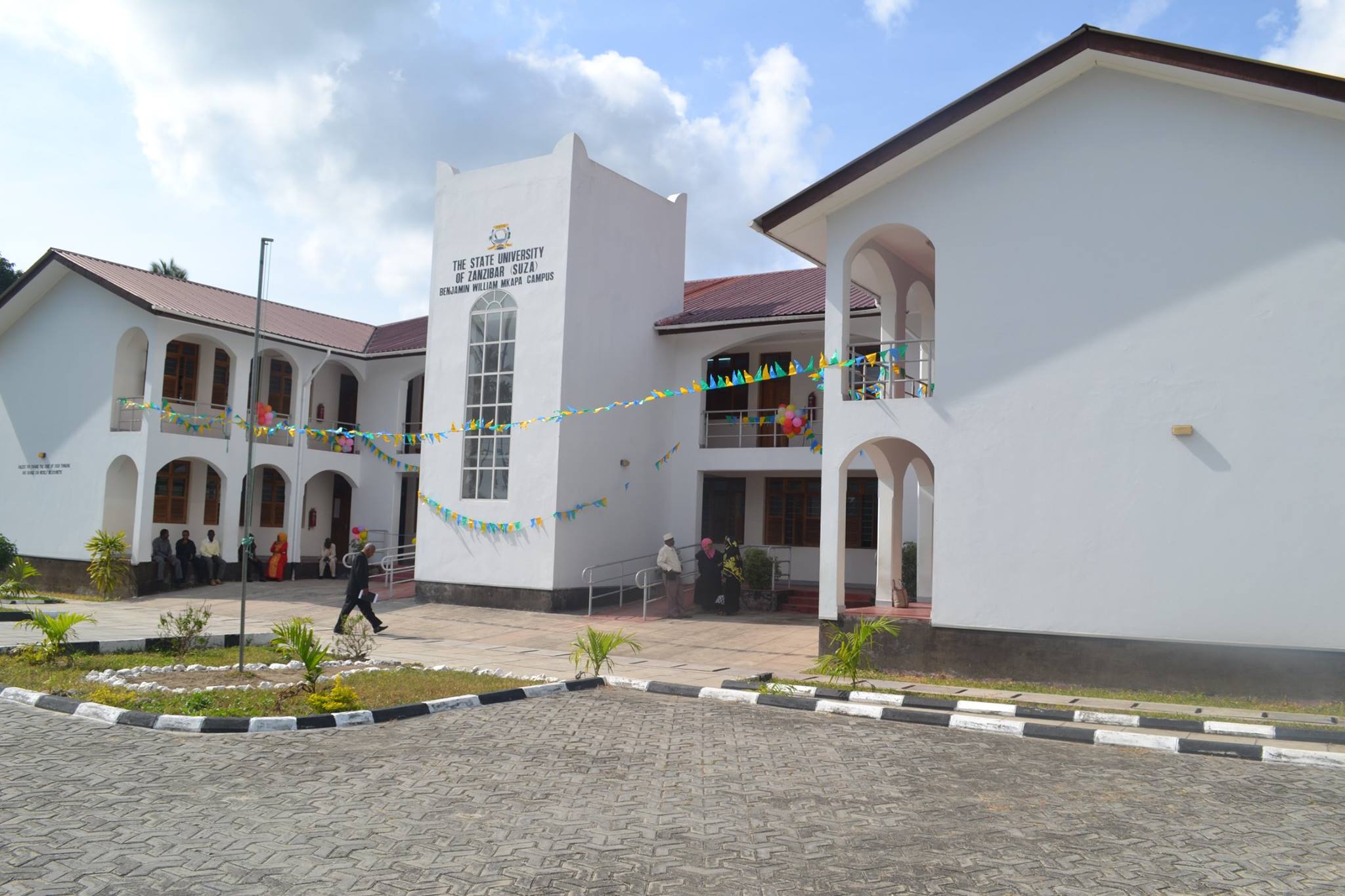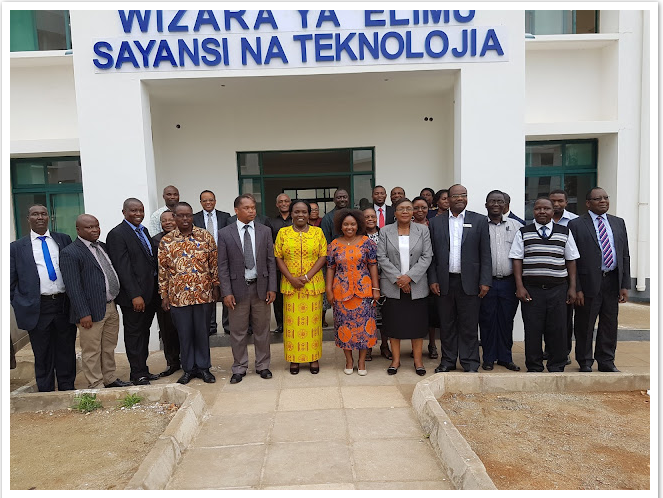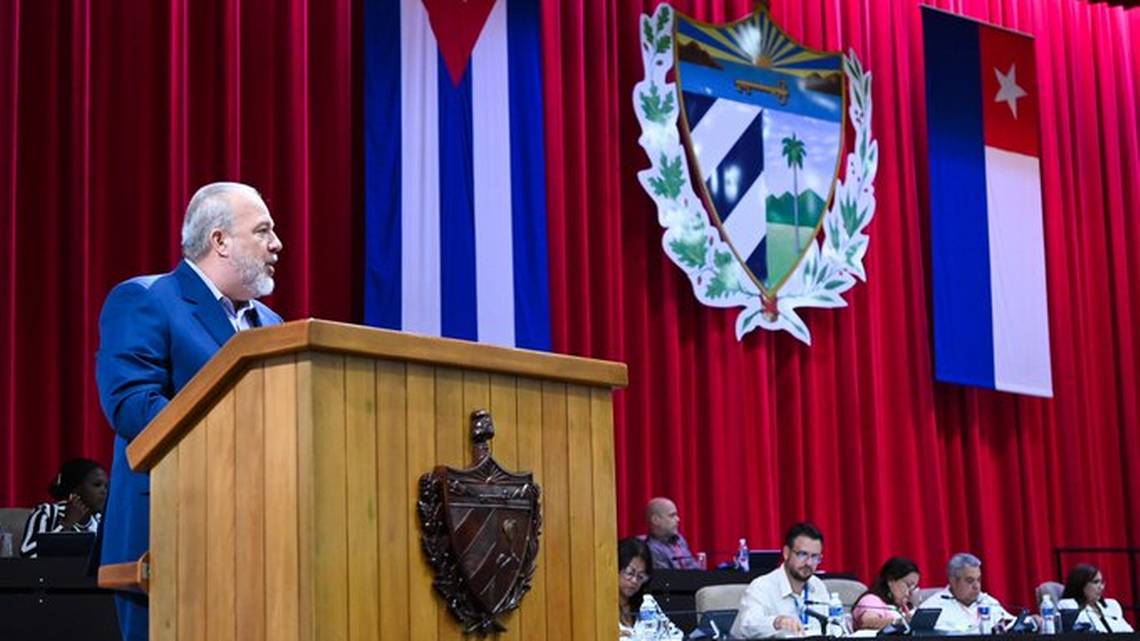In a groundbreaking move that promises to redefine the digital landscape of Tanzanian higher education, the State University of Zanzibar (SUZA) is leading the way in integrating technology to foster the growth of the digital economy.
On January 10, 2025, Prof. Moh’d Makame Haji, the Vice-Chancellor of SUZA, underscored the pivotal role that collaboration with global technology leaders plays in advancing Tanzania’s digital economy.
This announcement comes as part of the university’s continued efforts to equip students with the skills needed to thrive in the digital age.
Collaborating for a Future-Ready Workforce
During a significant three-day training session at SUZA’s headquarters, visitors from Jordan, Morocco, and Lebanon joined forces with Tanzanian experts to explore how modern technology can enhance educational outcomes.
This international collaboration aims to bridge gaps in science disciplines and empower students with tools that are critical in today’s digital economy.
Prof. Haji’s remarks highlighted the importance of leveraging the technological advancements of countries with substantial experience in the digital space. “Tanzania must seize the opportunity to collaborate with nations that have made significant strides in modern technology.
This is aligned with the country’s policy to strengthen its digital economy,” he stated. With these strategic partnerships, SUZA is not just adopting new technologies but is positioning itself as a leader in technology-driven education in Tanzania.
A Technological Leap for Science Students
Dr. Maryam Masoud Khamis, a lecturer at SUZA in the Department of Computer Science, revealed that the European Commission project focuses on providing students, particularly in science disciplines, access to modern technology that may otherwise be unavailable.
In a country where access to cutting-edge technology is often limited, this initiative is a game-changer.
One of the most revolutionary aspects of the project is its ability to operate without a constant internet connection. This feature ensures that students can access critical learning tools anytime, even in remote areas with limited or no connectivity.
Additionally, the provision of technology that can be used at night addresses a significant barrier in many Tanzanian households, where access to resources like computers may be restricted during the day.
Preparing for the Future: Cybersecurity Curriculum at SUZA
In addition to fostering technological access, SUZA is taking a proactive approach by preparing students for the challenges of tomorrow.
Dr. Khamis shared that SUZA is set to introduce an innovative cybersecurity curriculum for both undergraduate and master’s level students. This curriculum will be the first of its kind in Tanzania, marking a significant milestone for the university.
“Cybersecurity is a field that is crucial for today’s interconnected world. SUZA is proud to be the first to offer this specialized program in the country, and we are accelerating our focus on this field to ensure our students are at the forefront of technology,” Dr. Khamis explained.
This forward-thinking approach will equip SUZA students with in-demand skills that are critical to the growing digital economy, particularly in safeguarding systems, networks, and data in an increasingly digital world.
The inclusion of cybersecurity in the curriculum also aligns with Tanzania’s broader push to enhance its national digital infrastructure and security.
Empowering Women in Technology
The training session also highlighted the underrepresentation of women in technology fields, with Dr. Khamis proudly noting her own role as one of the few women involved in this transformative project.
However, she acknowledged the need for more women to participate in these fields, offering encouragement and advice for future generations.
“Technology is an exciting and rapidly evolving field, and it is important for young women to get involved. Our lab is an opportunity not only for SUZA students but for anyone interested in technology,” Dr. Khamis advised.
SUZA’s push to involve women in technology is a testament to its commitment to diversity and inclusion, aiming to inspire more female students to take up technology courses and contribute to the digital economy.
The university’s open-door policy ensures that even non-SUZA students have access to the technology and resources available, fostering a collaborative environment for all interested parties.
The Impact of SUZA’s Digital Integration on Tanzania’s Future
As SUZA continues to lead the charge in digital education, it is setting the stage for a new generation of Tanzanian students who are not only tech-savvy but also equipped to contribute meaningfully to the country’s digital economy.
The training sessions, the introduction of new curricula, and the focus on accessibility and inclusion are just a few examples of how the university is reshaping the educational landscape.
With a growing emphasis on technology integration, cybersecurity, and digital literacy, SUZA is ensuring that Tanzanian students are prepared to meet the demands of an increasingly digital world.
By collaborating with international experts and fostering a culture of innovation and inclusivity, SUZA is positioning itself as a key player in Tanzania’s journey toward becoming a global hub for digital expertise.
Conclusion: SUZA as a Catalyst for Digital Transformation
The State University of Zanzibar is more than just an academic institution; it is a catalyst for change in Tanzania’s higher education system.
Through strategic collaborations, forward-thinking curricula, and a commitment to making technology accessible to all, SUZA is not just teaching its students to succeed—it is empowering them to shape the future of Tanzania’s digital economy.
Related articles
- Top Colleges in Tanzania Set Unparalleled Academic Standards Today
- Top 10 Best Colleges in South Africa Offering World-Class Education
- Top10 Most Expensive Private Schools in South Africa: The Cost of Elite Education
- Discover South Africa’s Top 10 Most Expensive Colleges Today
- 10 South Africa’s Premier Universities Set Unrivaled Academic Excellence Standards



